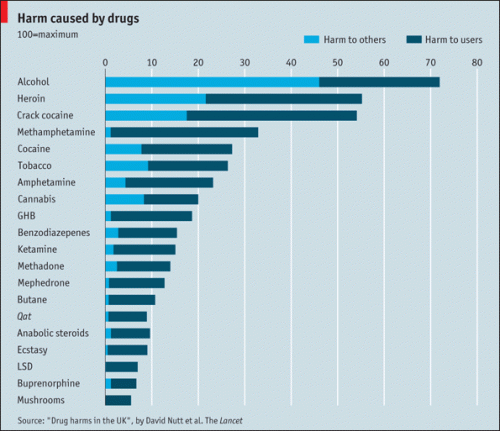In City of Quartz: Excavating the Future in Los Angeles, Mike Davis discusses the ways that public space are increasingly regulated to allow the types of activities preferred by the middle class and exclude those of the urban poor. He says that cities operate under “a rhetoric of social welfare that calculates the interests of the urban poor and the middle classes as a zero-sum game” (p. 224). That is, there are various uses groups might have for public space, but over time, activities or behaviors associated with the poor are being pushed out of public places (say, trying to make money or taking a nap), because they are seen as inherently interfering with more middle-class uses. While outlawing certain behavior in public places is often explained as a way to ensure safety, Davis argues, “…’security’ has less to do with personal safety than with the degree of personal insulation, in residential, work, consumption and travel environments, from ‘unsavory’ groups and individuals…” (p. 224).
I thought of Davis’s argument when I saw this photo send in by Dino of a sign in Bryant Park, in Manhattan. The sign welcomes visitors to enjoy the park, but under clear conditions:

It’s a good example of the zero-sum idea of use of public space: the acceptable ways of using the park are those that generally meet middle-class preferences, such as taking amateur photos, looking at flowers, walking your dog. But as Dino says, “the poor are punished: alcohol use in the park is illegal unless you can afford to enter the restaurants, rummaging through the garbage for needed food and supplies is illegal, trying to earn money without a permit (that costs money) is illegal.”
Note the second item you are “welcome” to do: “To spread blankets on the lawn, but not plastic material or tarpaulins.” While the sign doesn’t explicitly say why, Dino suspects this is an attempt to allow people to spread blankets for picnics or sunbathing, but not allow someone without a home to spread a tarpaulin to try to create a dry place to sleep. Similar behavior — spreading a covering on the ground to sit or lie on — is perceived differently depending on the presumed motivation for doing so (because you are temporarily enjoying the outdoors vs. because you don’t have a home).
The end result is to make public places less welcoming to some groups than others. Regulating these behaviors provides an excuse to arrest and remove the types of individuals likely to be seen as, in Davis’s term, “unsavory,” and ensures the rights of other users to be protected from even seeing evidence of homelessness, hunger, or unemployment.
UPDATE: I don’t think I did the best job of explaining Davis’s argument, and a couple of readers have taken great exception to the idea that regulating behavior in public spaces is problematic. My intention wasn’t to imply that having any type of rules about how you can act in parks is automatically awful, but rather to highlight the types of behaviors we do find acceptable and those we don’t, and how that intersects with the stigmatization of poverty. Saying “You can’t harass others in the park” or “you can’t play music so loudly that others can’t also enjoy the park” is one approach. Saying, “We’re going to make public spaces unpleasant for the homeless, regardless of their individual behavior,” is a very different approach, and Davis argues that it serves to concentrate the very poor in areas like L.A.’s Skid Row, increasing their likelihood of being victimized and exacerbating the problems of the neighborhood, while benefiting those in other neighborhoods who don’t want to see visible evidence of inequality or social problems.
Reader R says,
I think this is a really interesting discussion but I think that the Park sign doesn’t help the discussion but hinders it. We are now focusing on this sign as a representation of the ideas that Davis is presenting but I don’t think that it is.It is illegal to have any alcohol in a public space anywhere in new york city.New York City Administrative Code, section 10-125 That law I don’t believe is intended as a means to keep the homeless from drinking in parks, it does let the police enforce that but it also lets the police stop and arrest college students or any person. Fair or not that is what it is.
Also Bryant Park is a public space owned by a private company. The BPC (Bryant Park Corporation) does not get public funding but instead makes it through the venders in the park (cafes and such). This is why I believe that the sign says no commercial activity. With that I do not think many people would count someone asking for change as commercial activity.
I think this is a very interesting discussion and Davis makes very valid points but I think the imagery example could be better.
I think that’s a fair assessment. The sign got me thinking about Davis’s arguments about the use of social policy regarding public places (and the way they can concentrate poverty, risk, etc.), and then I was thinking more about the overall topic, rather than the specific park or sign.






















